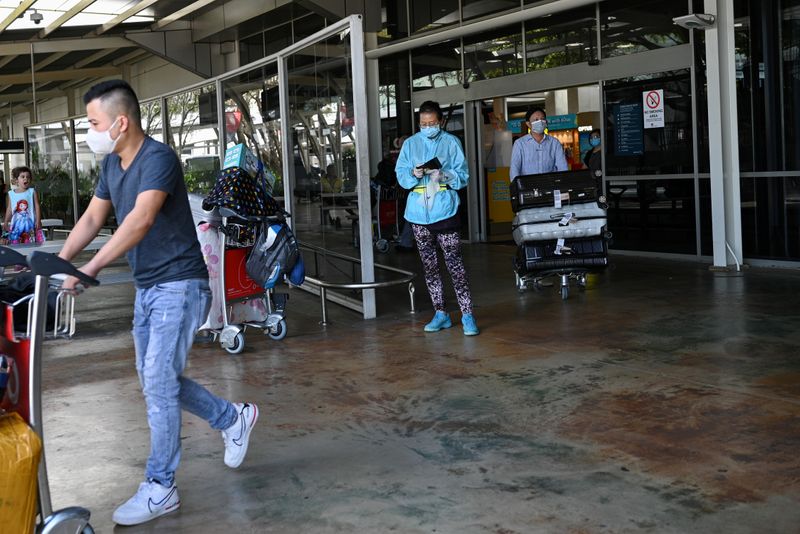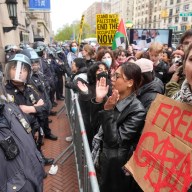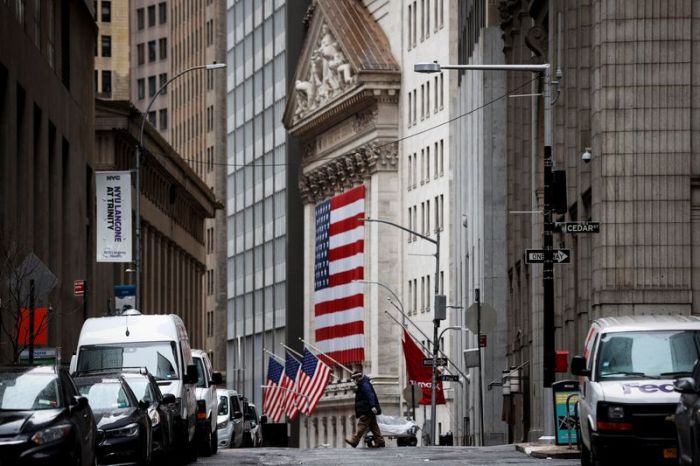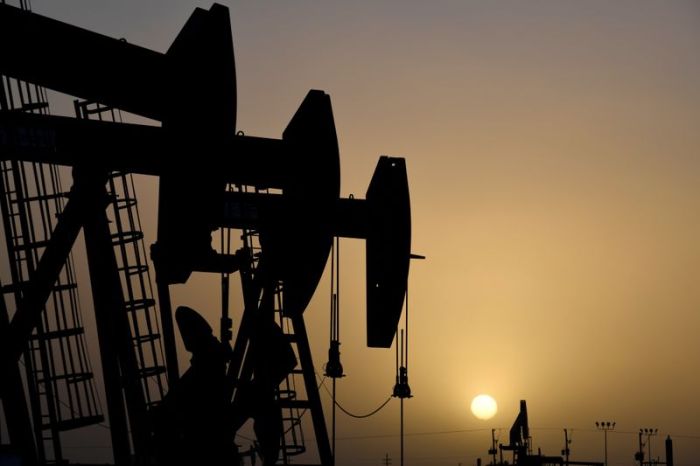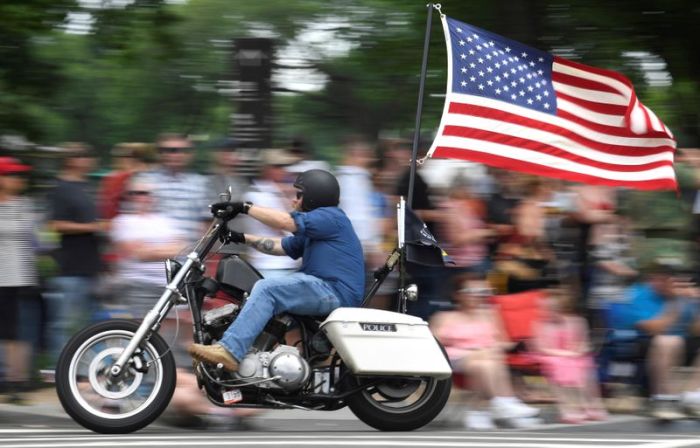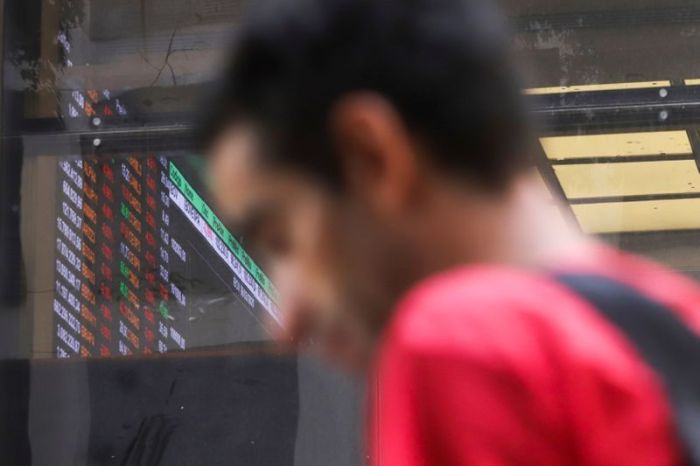SYDNEY (Reuters) – Australia on Friday halved the number of people expected to be covered by its coronavirus wage subsidy scheme due to reporting errors and after swiftly controlling the outbreak, a revision that will save the government around A$60 billion ($39 billion).
Australia’s conservative government said in May it would spend A$130 billion to subsidise the wages of about 6 million people until September as social distancing restrictions forced hundreds of thousands of people out of work.
But Australia’s Treasury Department said successful efforts to control the outbreak combined with errors on wage subsidy applications by about a 1,000 businesses meant only 3.5 million people will need to be covered, at a cost of A$70 billion.
The scheme excluded non-resident and casual employees who had not been in jobs for at least 12 months, and despite scope to expand, Frydenberg ruled out increasing spending to further stimulate the struggling economy.
“This revision by Treasury is not an invitation to go and spend more. All the money that the government is spending during the coronavirus period is borrowed money. There is no money tree,” Frydenberg told the Australian Broadcasting Corp.
Economists had expected Canberra would have to borrow about A$300 billion to support the country’s economy, which is expected to slip into its first recession in more than 30 years as unemployment jumps to around 10%.
“You could argue if there are 3.5 million employees covered by the scheme now then it’s probably good news,” said Shane Oliver, chief economist at AMP Capital.
“It’s costing less than expected. It’s quite a big difference and it does provide scope for that savings to be re-allocated to those who need it.”
Yields on 10-year Australian government bonds <AU10YT=RR> slipped to a one-week trough of 0.875% from a high of 0.925% earlier in the day. The revision comes just hours after Fitch Ratings downgraded its outlook on Australia’s coveted ‘AAA’ rating to “negative” from “stable”, citing the hit to the country’s economy and public finances from the COVID-19 pandemic.
“Our measures are temporary, targeted and proportionate to the challenge we face and will ensure Australia bounces back stronger on the other side,” Frydenberg said in an emailed statement about the Fitch move.
SOCIAL DISTANCING
Citing the need to revive its economy, New South Wales, Australia’s most populous state, said restrictions imposed to slow the spread of coronavirus will soon be eased to allow cafes, restaurants and pubs to have up to 50 seated patrons.
NSW said the easing of the restrictions which previously limited cafes and restaurants to 10 customers at a time, will begin on June 1.
“Losing 221,000 jobs in April was a disaster,” state premier Gladys Berejiklian told reporters in Sydney, referring to state-wide job losses. “We don’t want to see that continue.”
Australia’s hospitality industry has been one of the hardest hit by social distancing restrictions imposed in March to slow the spread of coronavirus, with restaurants and cafes only able to offer takeaway services until earlier this month.
Nationally, nearly 600,000 people were in April forced out of work by the coronavirus restrictions.
NSW – which has recorded about half of Australia’s near 7,100 COVID-19 cases – has moved quickly to reopen compared to other states.
Australia earlier this month agreed a three-step plan to remove the remaining restrictions by July, though implementation is down to state and territory leaders, who have argued over the pace of reopening state borders.
Australia has also sought exemption from a requirement that travellers arriving in the UK quarantine for 14 days to prevent the spread of COVID-19.
The British government is planning a 14-day quarantine for most people arriving in the country in the coming weeks to try to prevent a second peak of the pandemic, with details to be finalised next month.
(Reporting by Colin Packham and Swati Pandey; Editing by Linoln Feast.)

